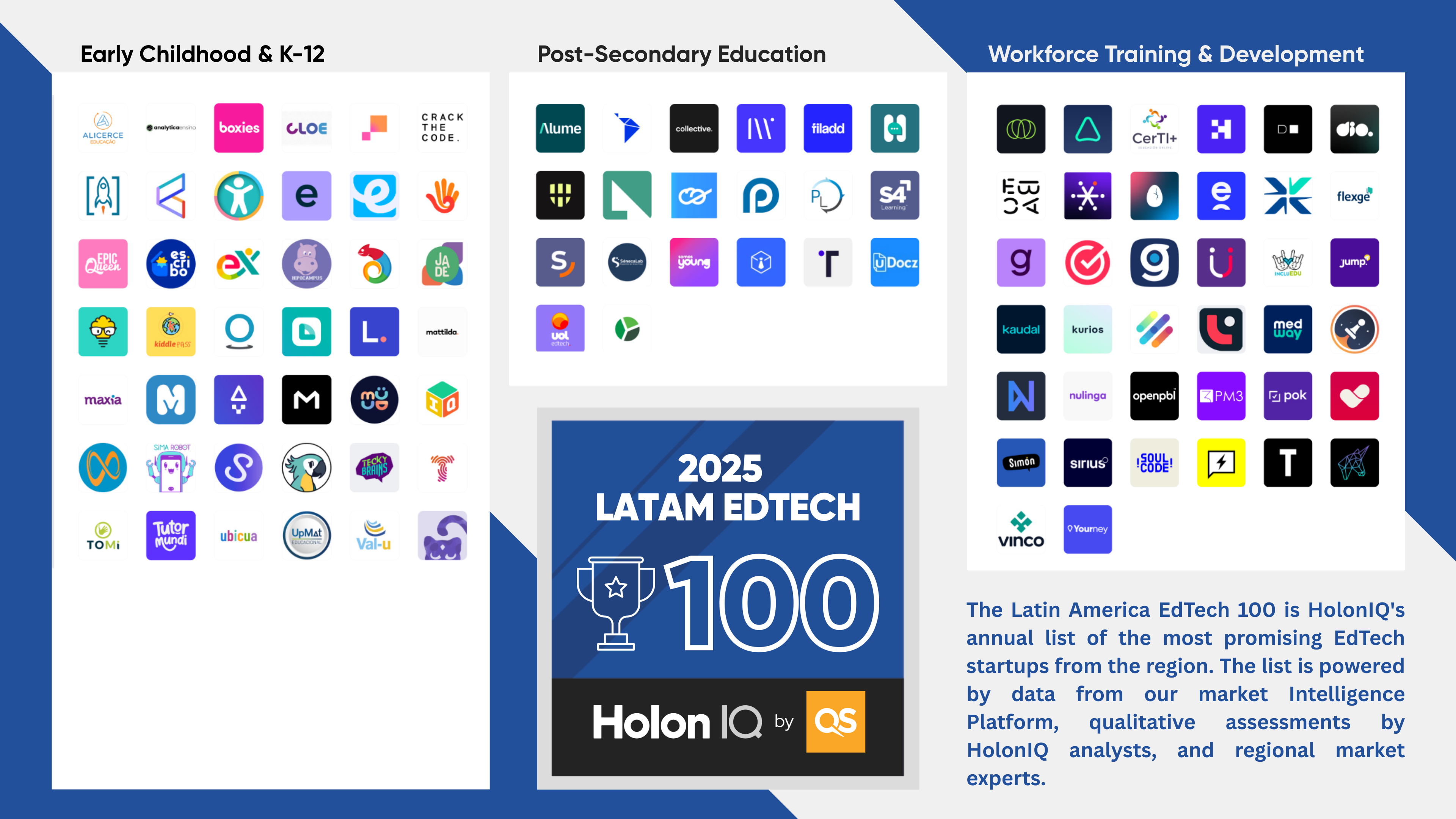K12 education leaders representing schools and school systems, along with government, industry and EdTech stakeholders share their insights and experiences about digital transformation in K12. The inaugural K12 Digital Transformation survey and findings present a snapshot of perspectives from the HolonIQ K12 network.
K12 education at an inflection point, driven by technological advancements, cultural and economic shifts. Schools and systems are looking to create resilient learning ecosystems, supported by digital teaching and learning. To support K12 leaders in this endeavor, HolonIQ has developed the K12 Digital Capability Framework, established the K12 Global Network and launched the inaugural K12 Digital Transformation Survey. These resources provide tangible and actionable insights to help K12 leaders build successful and strong digital learning ecosystems.
This report summarizes results from HolonIQ’s K12 Digital Transformation survey, conducted with the Global K12 Education Network. The survey references HolonIQ's open-source K12 Digital Capability (K12DC) Framework, which is informed by academic research and with input from K12 education leaders globally. The K12DC Framework offers an overarching view for schools to map and measure digital capabilities across the learner lifecycle, ultimately to support sustainable and resilient approaches to create digitally responsible, capable, and productive citizens.
K12 Digital Capability Framework
HolonIQ’s Global K12 Digital Capability Framework (K12DC) establishes a common language to enable discussions among educators, school leaders, policy-makers, curriculum developers, instructional coaches, solution providers, district-level administrators, tech faculty, and other stakeholders seeking to understand how digital transformation is taking shape in K12 education.
The Framework focuses on digital capabilities across the whole learner lifecycle. K12 digital capabilities have been mapped to four connected dimensions across the lifecycle, from People & Systems (PS) to Learning Design (LD), Learner Experience (LX) and Life-Ready (LR). The framework encompasses current capabilities such as digital infrastructure, content and curriculum, assessment and exam prep, but also looks ahead to emerging and future capabilities that will be needed to support learners for a digital future.
Figure 1. HolonIQ Open-Source K12 Digital Capability Framework
-p-1600.png)
Digital Transformation in K12: challenges, implementation, and outlook.
Teacher shortages around the world threaten K12 schools, so unsurprisingly, teacher retention is top concern for K12 Leaders. Additionally, preparing learners for the future and digital adoption concerns follow in a post-pandemic shadow.
The COVID-19 pandemic has had a profound impact on the K-12 education system. One of the biggest challenges has been retaining teachers as some struggled to adapt to remote teaching during the pandemic and more are leaving the profession than entering it. Also, schools report that they struggle to prepare learners for an uncertain future, and across the system, from learners to leadership, wellness and wellbeing is of critical concern. These challenges will likely have long-lasting effects on how teachers teach and how students learn, making digital skills a critical part of their education and future success, so it’s no surprise that digital transformation comes right after these other challenges.
Figure 2. K12 Learning and Teaching Challenges

Figure 3. Importance of Digital to the future of K12 Education










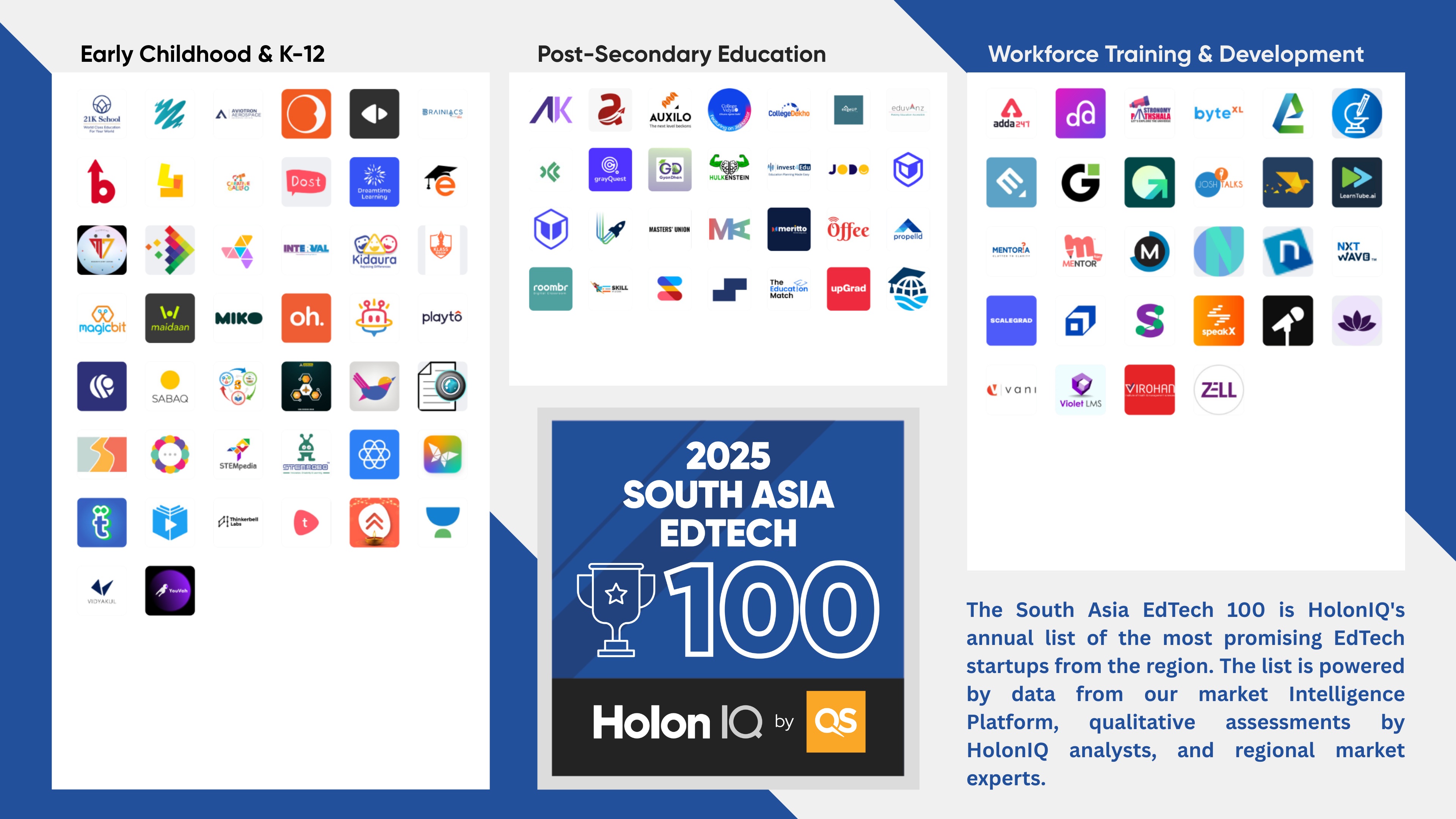
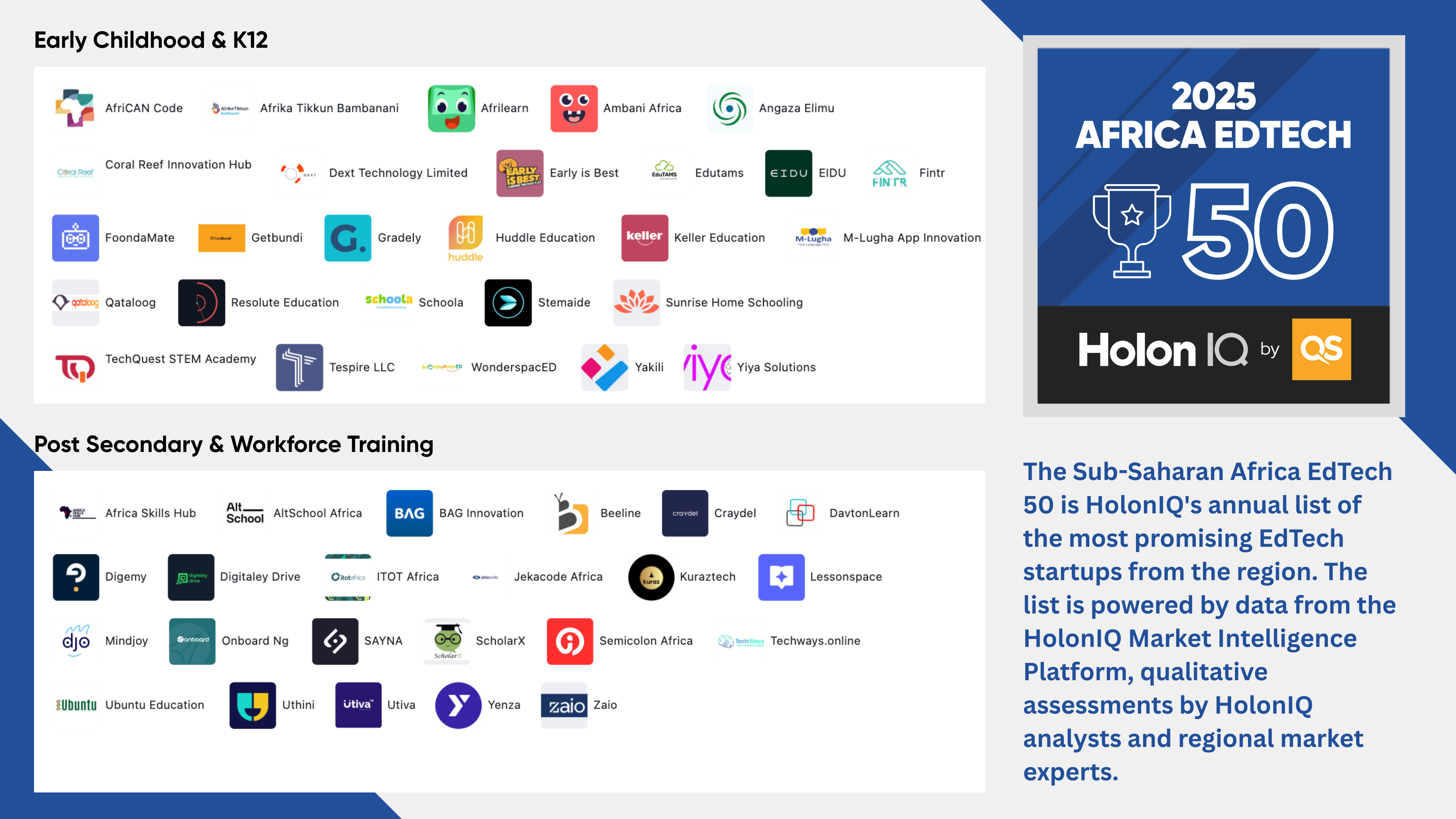
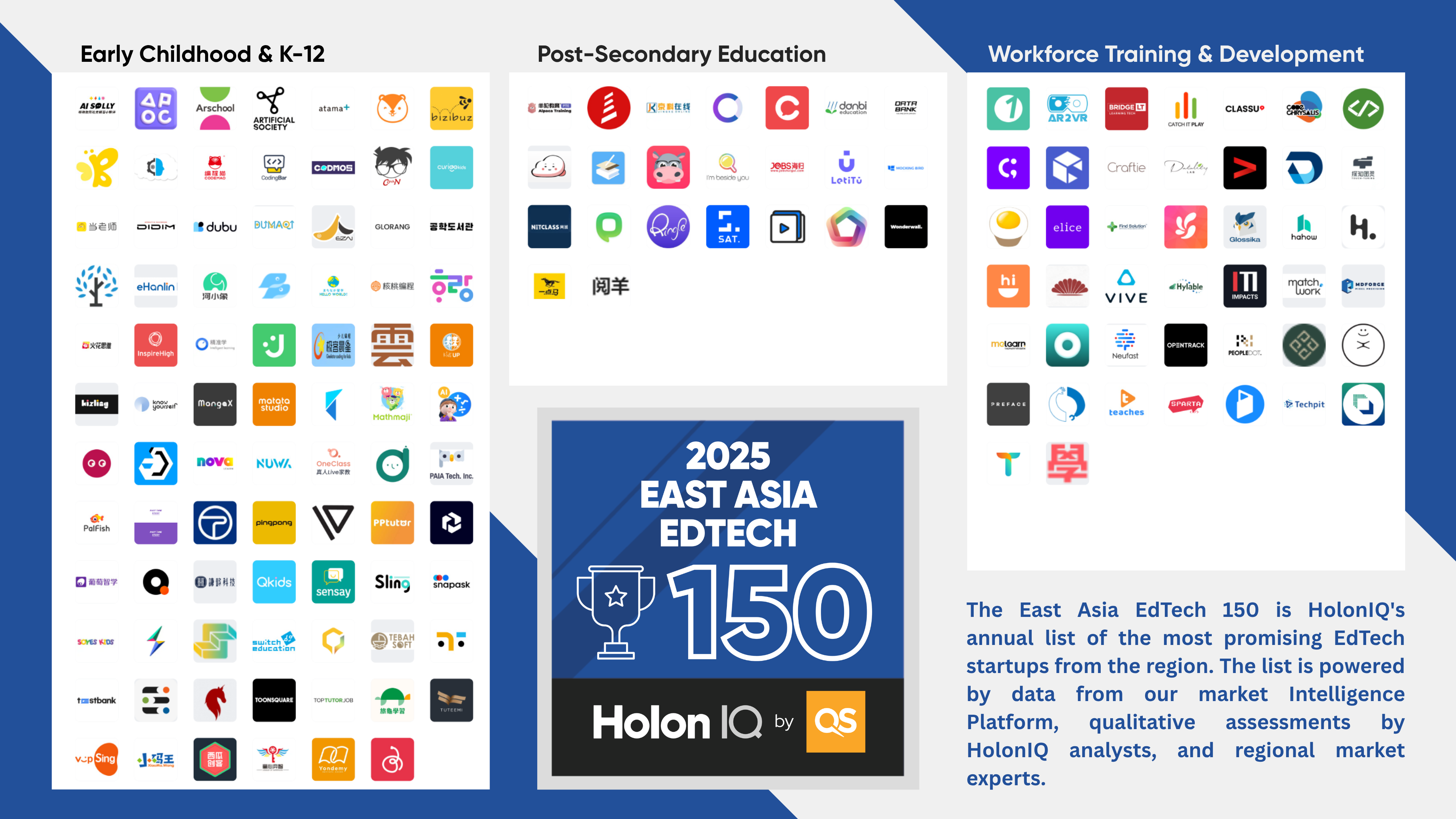
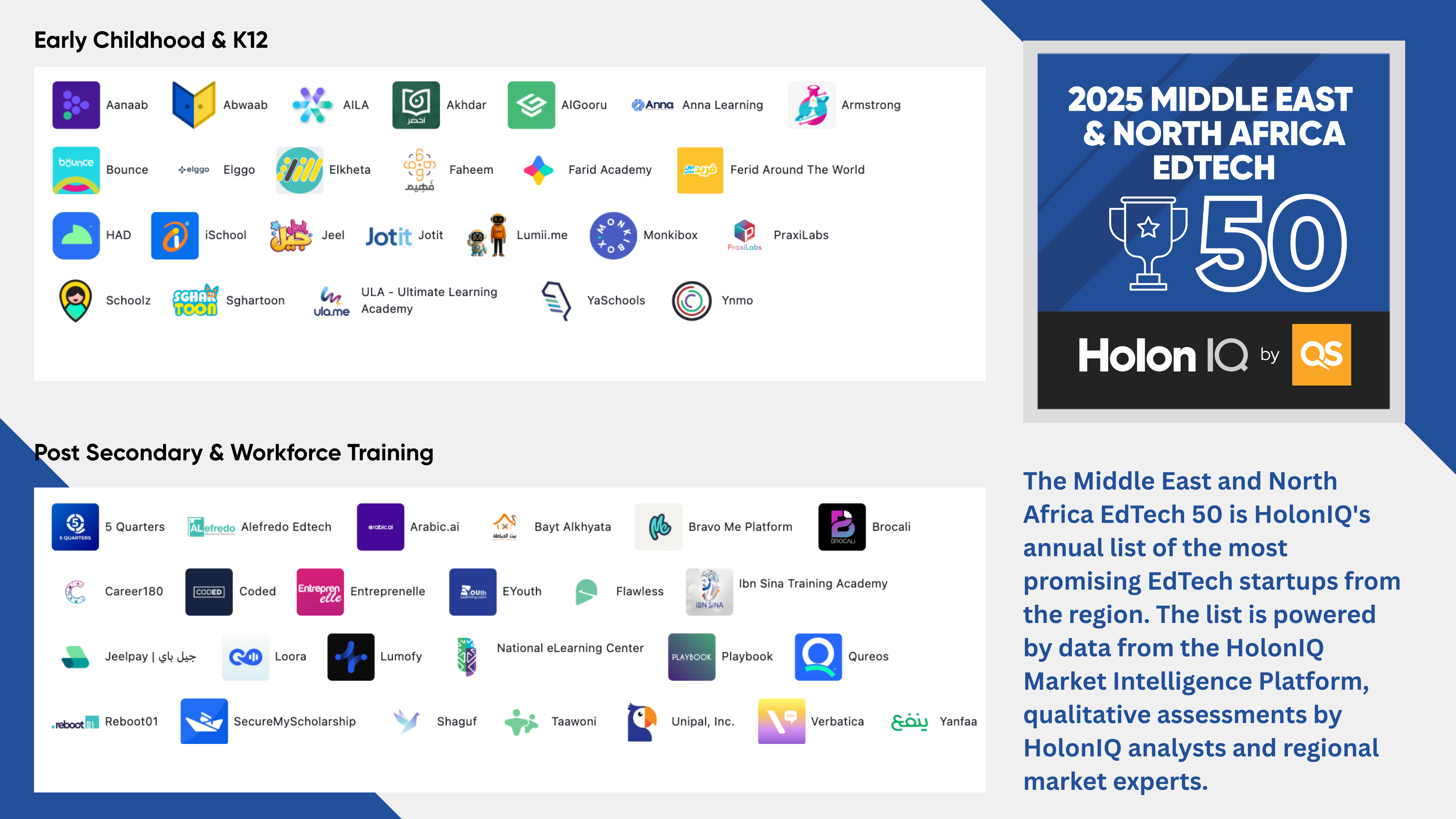
.png)
